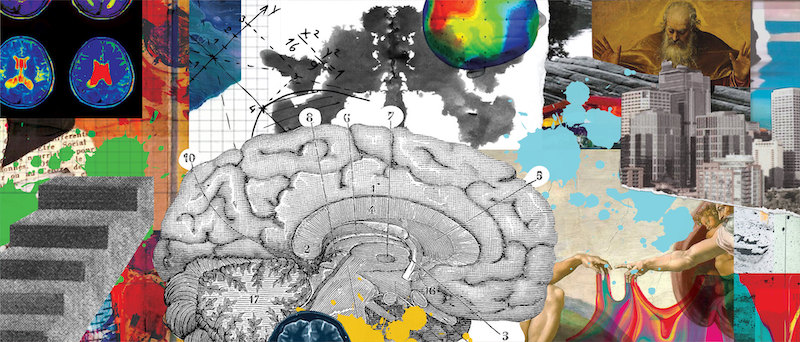
An Eden Project Podcast
Defining terms to help people stay out of Crazy Land in their walk with Jesus.
Featured
There is only one way to grow a loving relationship with someone and that is to spend time with that person. We can think about our relationship with someone all day long, we can ask others what they think we should do in the relationship, and we can imagine what we will say and do when we get together with that person. All of this mental work will help. But, at the end of the day, if we don’t actually spend meaningful time with the person, the relationship won’t grow. Spending intentional time together is the soil, water, and sunlight . . .
Latest
There is only one way to grow a loving relationship with someone and that is to spend time with that person. We can think about . . .
In the first two articles in this series, we discussed how experiencing God’s loving presence changes our attitudes, values, thoughts, feelings, desires, and behaviors because . . .

I heard my whole life that the Grand Canyon was magnificent and awe-inspiring, and in my head I believed that to be true. Then, one . . .

In Jesus’s commission to make disciples of all nations, he includes “teaching them to observe all that I commanded you” (Matt 28:20). Notice that Jesus . . .

Defining terms to help people stay out of Crazy Land in their walk with Jesus.


Sign up to receive weekly emails that include teaching, personal stories, and ways to connect with the Eden Project!